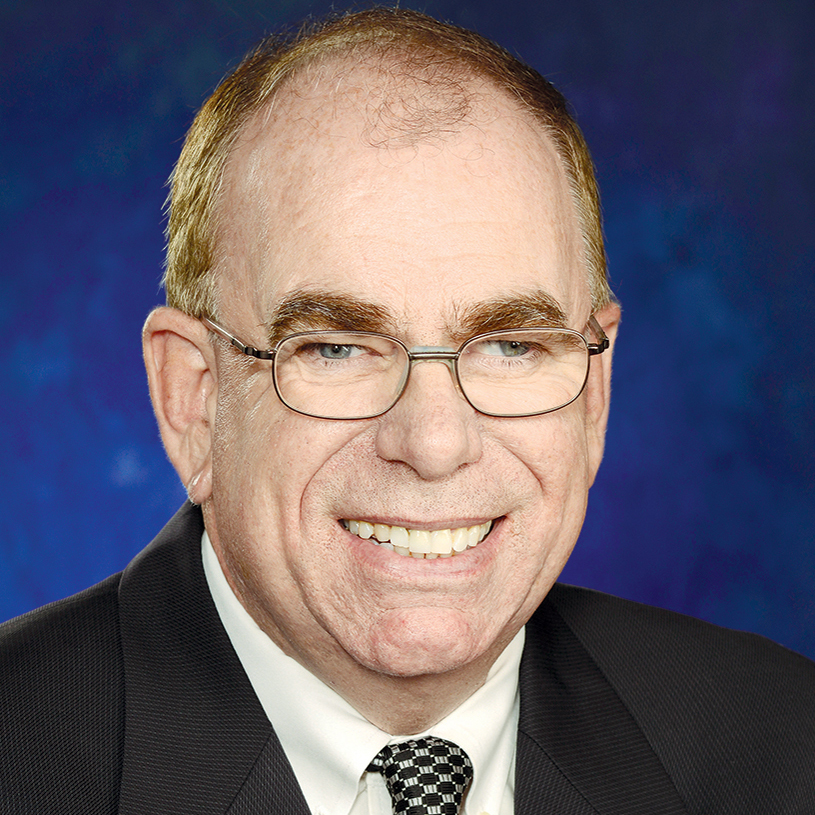
Did you hear that Humana will pay $5.7 billion to wrest control of Kindred at Home?
Of course you didn’t. That’s a home care issue, not senior living. It’s hardly the kind of news that might affect your organization, right?
Maybe not. But then again, maybe it’s exactly the kind of development that’s worth keeping an eye on. For in case you didn’t notice, there seems to be a trend — some in the field might say disturbing trend — taking form.
In a nutshell: Humana will buy out two investors that own most of Kindred’s home care business. This gives the insurer more than a toehold in a growing sector serving the aged.
You can be sure that this will be positioned as something that helps Humana better serve its customers. In fact, that is exactly what CEO Bruce Brussard stated while announcing the sale. And that’s true, as far as that goes.
But some funny things can happen when insurance companies and eldercare organizations start dancing at the same hall. Just ask your colleagues on the skilled care side. Many are now discovering the hard way that Medicare Advantage is not exactly a winning lottery ticket.
Essentially, many participating Medicare Advantage insurers are actively, what’s the word? Oh yes, squeezing. They are squeezing payments to skilled care operators. Why would they do that? Just noodling here, but maybe so they could keep more Medicare money for themselves?
Lest it sound like I’m painting insurers as the bad guys here, that is not my intention. They are shrewd business people who are leveraging their strengths. In the case of skilled care, they have essentially replaced Medicare in some circles by promising the government lower costs. And by all, accounts, that part of the equation is working.
As for why insurers would get into the business of providing home care? Frankly, it’s a no brainer. Thanks to newfound leverage, they can impact other providers and the government, simply by working both sides of the street.
Insurers are essentially taking a notable role in upstream (skilled care) and downstream (home care) services for aging. Which leaves you in the middle.
Still think this development couldn’t possibly affect senior living?

